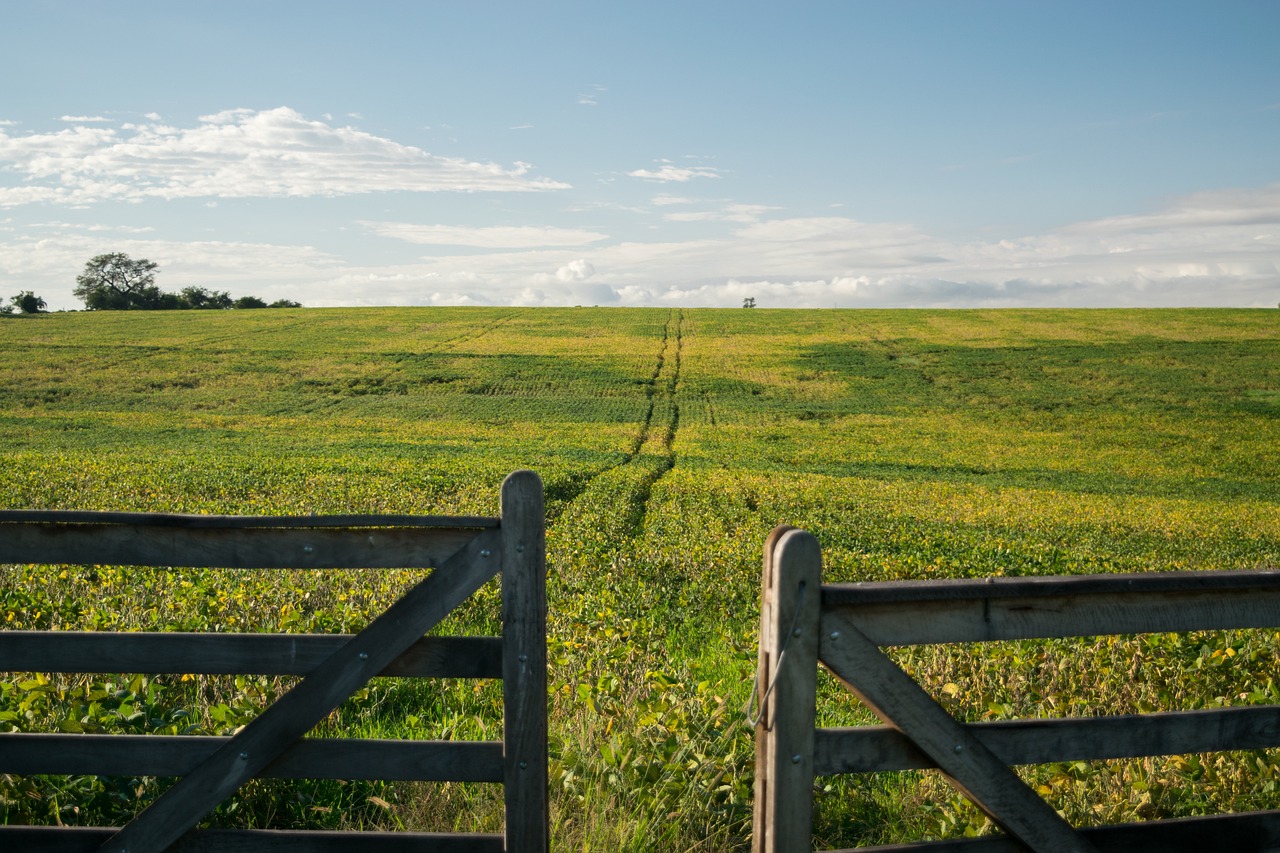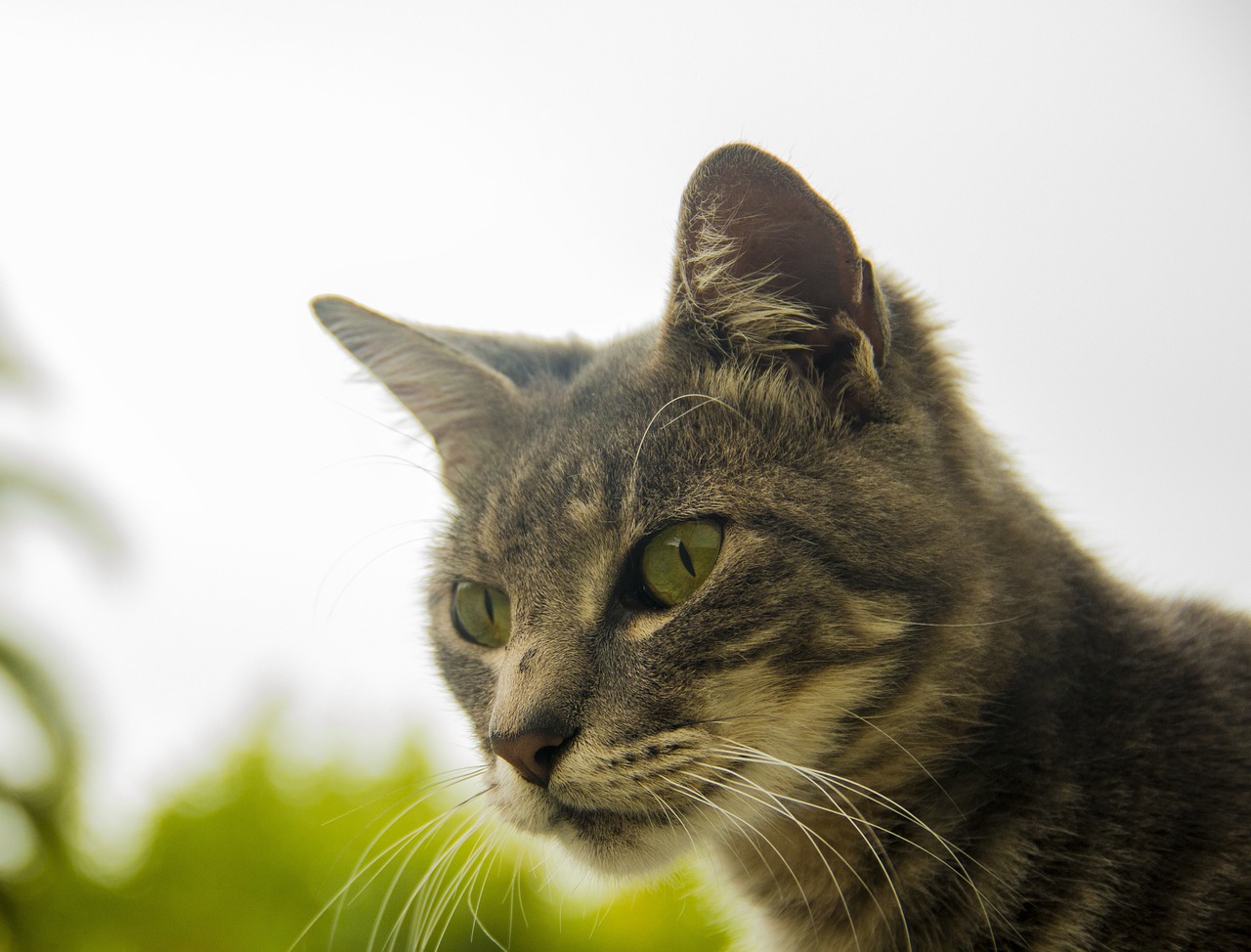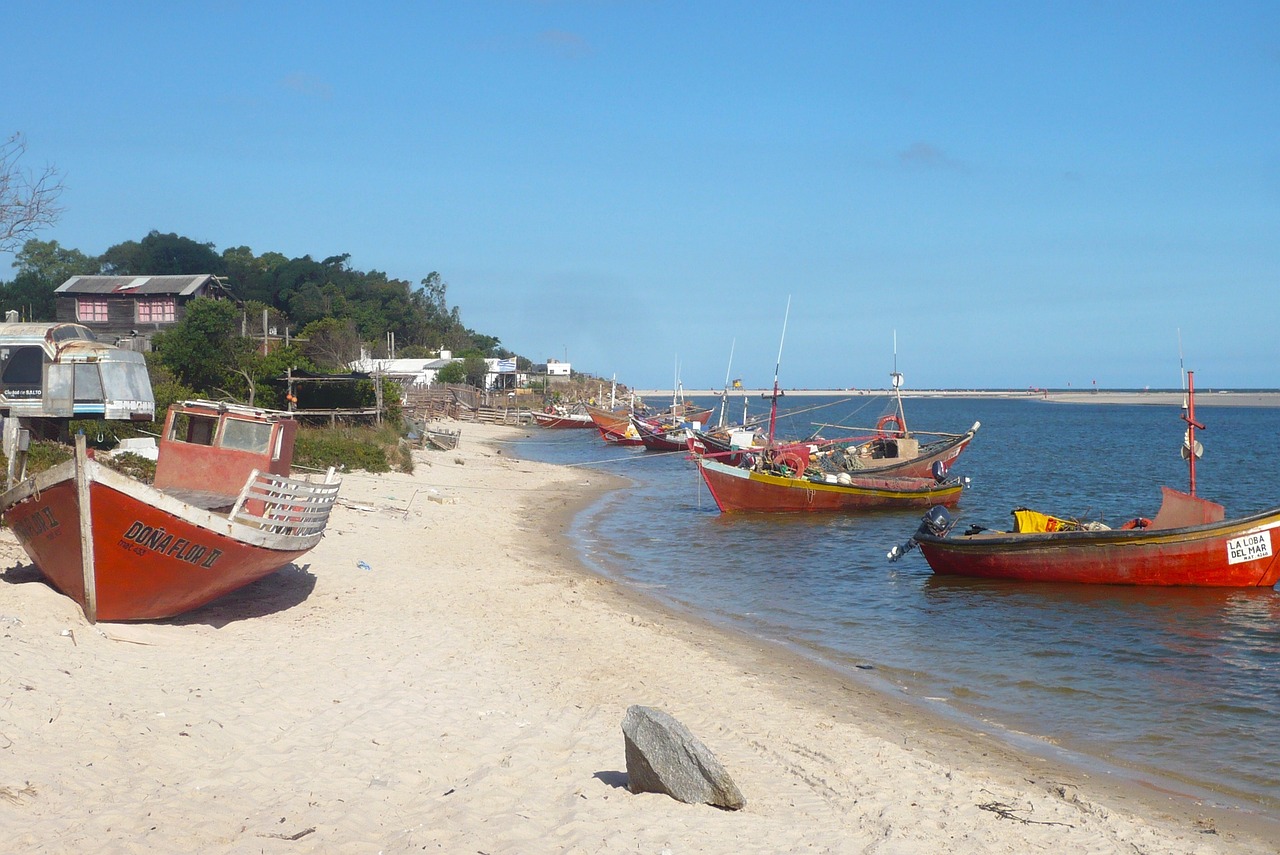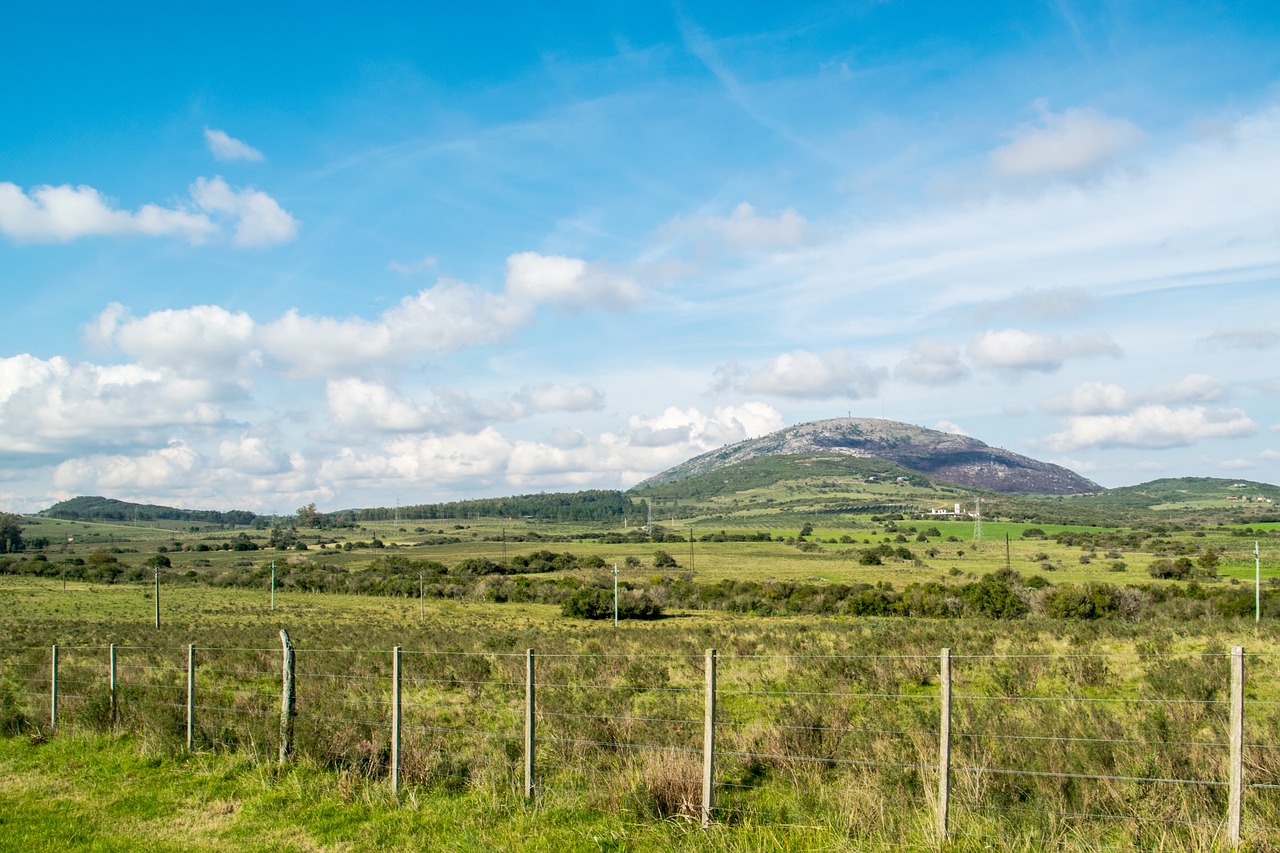Local Celebrations and Holidays: What to Expect in Uruguay
Uruguay, a vibrant country located in South America, is known for its rich cultural heritage and festive celebrations. Throughout the year, Uruguayans come together to commemorate various holidays and engage in traditional festivities that showcase their unique traditions and customs. This article will provide you with a detailed overview of some of the most significant local celebrations and holidays in Uruguay, giving you an insight into what to expect when visiting this captivating country.
Carnival: A Vibrant Extravaganza
Uruguay’s Carnival is one of the most anticipated events in the country, celebrated with enthusiasm and passion. The festivities typically take place in February, lasting for several weeks. During this time, the streets come alive with vibrant parades, colorful costumes, and lively music.
- Murga: Murga is a distinctive form of musical theater that originated in Uruguay. It involves groups of performers known as “murgueros” who sing, dance, and act out skits while wearing elaborate costumes. Murga performances often satirize political and social issues.
- Llamadas: Llamadas is a parade of Afro-Uruguayan drummers, dancers, and singers that takes place in the neighborhood of Barrio Sur in Montevideo. The rhythmic beats of the drums and the energetic dance moves create an electrifying atmosphere.
- Desfile de Carnaval: The main event of Carnival is the grand parade, known as the “Desfile de Carnaval.” Colorful floats, samba dancers, and marching bands fill the streets, captivating the spectators with their dazzling performances.
Uruguay Image 1:

Independence Day: Honoring National Pride
Independence Day in Uruguay is celebrated on August 25th each year to commemorate the country’s independence from the Spanish Empire. The holiday is marked by various patriotic events and cultural activities.
- Official Ceremonies: The day begins with official ceremonies held in Montevideo, including the raising of the national flag and the singing of the national anthem.
- Parades: Colorful parades take place throughout the country, featuring marching bands, traditional dances, and floats decorated with Uruguay’s national symbols.
- Fireworks: As night falls, spectacular fireworks displays light up the sky, adding to the festive atmosphere.
Easter Week: Semana Santa
Easter Week, known as “Semana Santa” in Uruguay, is a significant religious holiday observed by the majority of the population. It is a time for reflection, religious processions, and family gatherings.
- Religious Processions: During Semana Santa, various religious processions take place, especially in Montevideo and other major cities. These processions reenact the events leading up to the crucifixion of Jesus Christ.
- Church Services: Churches hold special services and masses throughout the week, allowing the faithful to participate in religious rituals and reflect on the significance of Easter.
- Family Traditions: Families often come together to share meals and engage in activities such as egg decorating and hunting for chocolate eggs.
Uruguay Image 2:

Uruguay’s National Day: Celebrating Unity
Uruguay’s National Day, also known as “Día de la Independencia,” is celebrated on August 25th to honor the country’s declaration of independence from Brazil in 1825. It is a day of national pride and unity.
- Official Ceremonies: The day begins with official ceremonies, including the raising of the national flag and speeches by political leaders.
- Cultural Events: Throughout the day, cultural events such as music concerts, dance performances, and art exhibitions take place across the country.
- Traditional Food: Uruguayans indulge in traditional dishes like asado (barbecue), chivito (a sandwich with steak), and mate (a popular herbal tea).
Christmas: Festive Joy and Traditions
Christmas in Uruguay is a time of joy, family gatherings, and festive traditions. The holiday season begins in early December and extends until January 6th, known as “Día de Reyes” (Day of the Kings).
- Nochebuena: On Christmas Eve, families come together to celebrate with a special dinner that often includes traditional dishes such as roasted meats, salads, and panettone.
- Fireworks and Bonfires: Fireworks light up the sky, and bonfires are lit in some neighborhoods to celebrate the arrival of Christmas.
- Día de Reyes: On January 6th, children wake up to find gifts left by the “Three Kings” or “Wise Men” who symbolize the visit of the Magi to the baby Jesus.
Uruguay Image 3:

Conclusion
Uruguay’s local celebrations and holidays offer visitors a unique opportunity to immerse themselves in the country’s vibrant culture and experience its rich traditions. From the colorful extravaganza of Carnival to the patriotic fervor of Independence Day, each celebration showcases the pride and unity of the Uruguayan people. Whether you’re witnessing the lively parades, participating in traditional rituals, or indulging in delicious food, these celebrations will leave you with lasting memories of your time in Uruguay.
References
- welcomeuruguay.com
- uruguay.com
- montevideo.gub.uy
- elobservador.com.uy
- uruguaynatural.com

